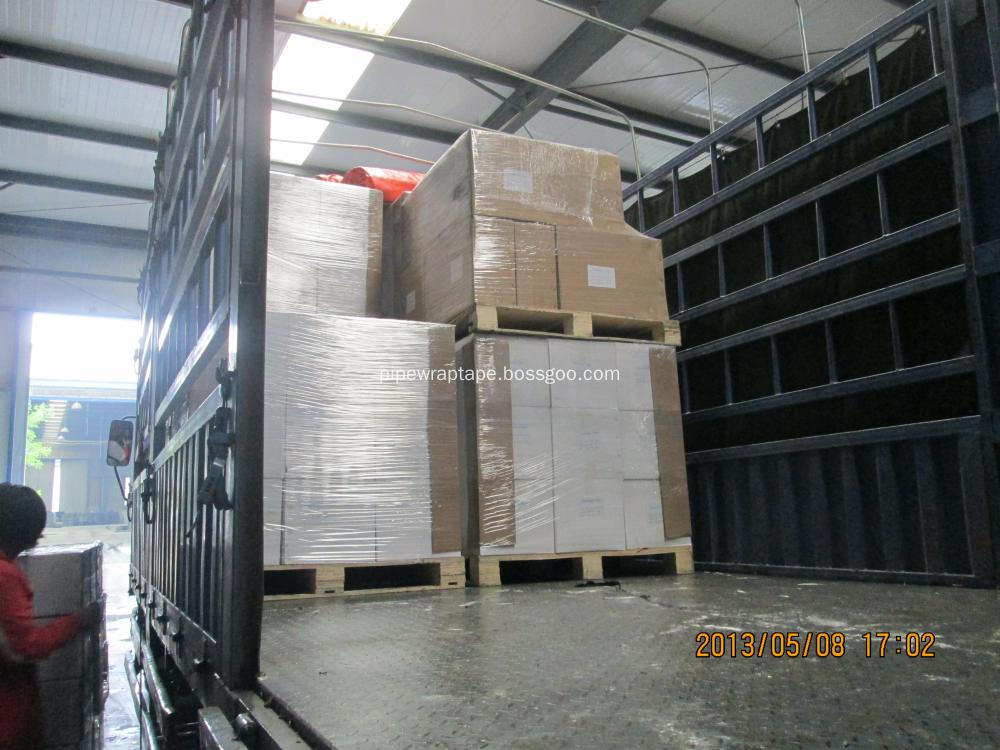Ingots and castings are prone to local crystal grain size disparities, so the zinc alloys must be modified to refine the grains. Deterioration treatment can significantly improve the mechanical properties of zinc alloys, improve the casting performance, and reduce casting defects such as hot cracking and sulfur sulfide.
Deterioration treatment can effectively refine the as-cast microstructure of zinc-aluminum alloy and increase the elongation.
Adding a small amount of rare earth elements can reduce the dendrite spacing of zinc-based alloys, eliminate network structure, and refine grains. Generally, the metamorphic effect of Qin alloy and boron alloy is better. The modification treatment can refine the solid dendrite structure of the ZA-27 alloy to increase the elongation.
There are many types of grain refinement methods, which can be divided into chemical refinement, physical refinement, mechanical refinement, and thermodynamic refinement according to the refinement mechanism. The chemical refinement method is widely used in production, that is, a certain amount of special additives are added to the molten metal to make the mouth metal or the metal compound. These substances interact with the molten metal to form a large number of small compounds, which constitute the exotic liquid nucleus. Particles, in order to achieve the purpose of grain refinement. This method is characterized by low processing costs, easy operation, and good use.
The refiner for aluminum is also used for zinc aluminum alloys. By refining grains to improve the properties of metals and alloys, attention has been paid to the metallurgy and foundry industries. The refinement of alloy grains will significantly improve the mechanical properties of the material, especially the elongation after fracture. In addition, the casting properties of the material, such as liquid filling and feeding ability, are also improved, and defects such as cold septa, cracks, and macro segregation of the casting are also significantly reduced.
Pipe Wrap Tape System describe
The XUNDA-T400 series is Cold applied tape coating system for corrosion protection of Oil, Gas, Petrochemical, and Waste Water underground or overhead pipelines.
It is a three-ply cold applied tape with stabiliesed polyethylene backing and butyl rubber adhesive layers on both sides.It is also used as inner-layer tape. It shall be applied by hand or with a wrapping machine
The 3Ply tape shall be applied after the Liquid adhesive and before the outer-layer tape by hand or with a wrapping machine
2 Structure
The specification of the tape consists of four layers,
Internal Adhesive layer:Butyl rubber
External Adhesive layer: Butyl rubber
Film backing:Special blend of stabilized polyethylene fines
Interleaf:Anti adhesive Film Treated with Silicone
3 Features:
Excellent bonding between adhesive and carrier film via co-extruded intermediate layer.
Mechanically highly resistant tape system.
Practically impermeable to water vapour and oxygen.
Resistant to soil bacterial and soil electrolyte.
Compatible with coating from PE,PP,FBE,PU,CTE and Bitumen and ext- .
A Total Coating System with:
High adhesion and shear resistance
Resistance to corrosion disbondment
High electrical resistance
High dielectric strength
High corrosion protection for steel substrates
4 Physical Properties
Thickness: 0.80 mm ( 30 mils)
width: 100 mm to 800 mm
Length: 10 m , 25 m , 30 m and so on

Heavy Duty Double Sided Tape, Strong Double Sided Tape, Removable Double Sided Tape, Wide Double Sided Tape
Jining Xunda Pipe Coating Materials Co.,Ltd , http://www.pipe-wrap.com